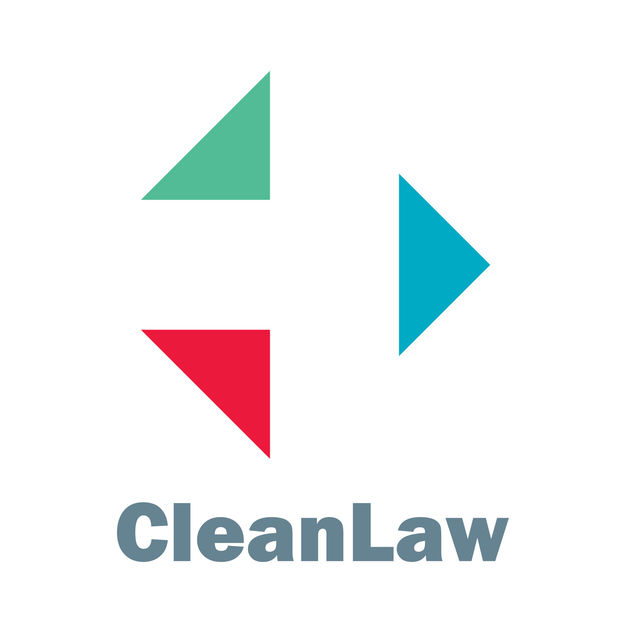🚀 From Google Podcasts to Moon FM in No Time: Your Hassle-Free Migration Guide
👉

The Environmental & Energy Law Program influences policy discussions about environmental, climate, and energy issues. The EELP offers robust legal analysis and practical governance solutions that will move these discussions forward.
Your feedback is valuable to us. Should you encounter any bugs, glitches, lack of functionality or other problems, please email us on [email protected] or join Moon.FM Telegram Group where you can talk directly to the dev team who are happy to answer any queries.